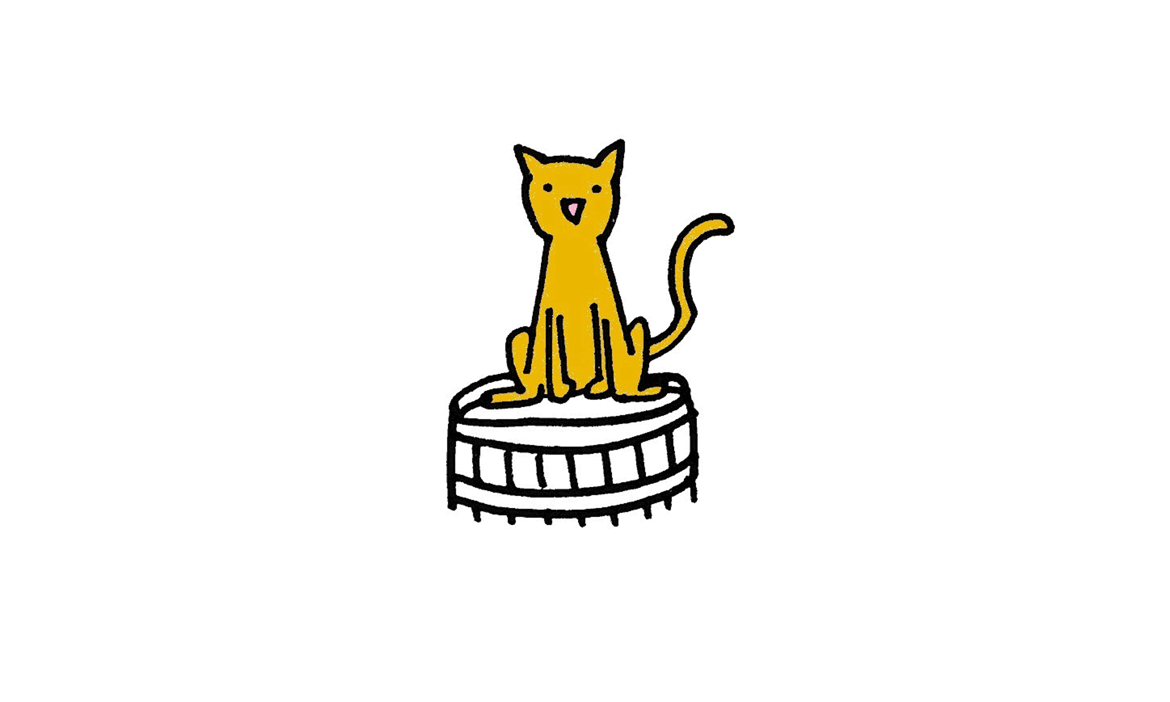

posted by John Curtin,
Co-owner
Barrels: An Introduction
Barrels are a terrible way to store liquid. First of all, they are essentially giant sponges. Wood will soak up spirits like, well, a giant sponge, like I just said. Granted, it doesn’t happen quite so quickly; it is a slow process that generally takes months (or even years). Sadly, since we are in fact storing sprits for months (or even years), the oak is given ample time to do this.
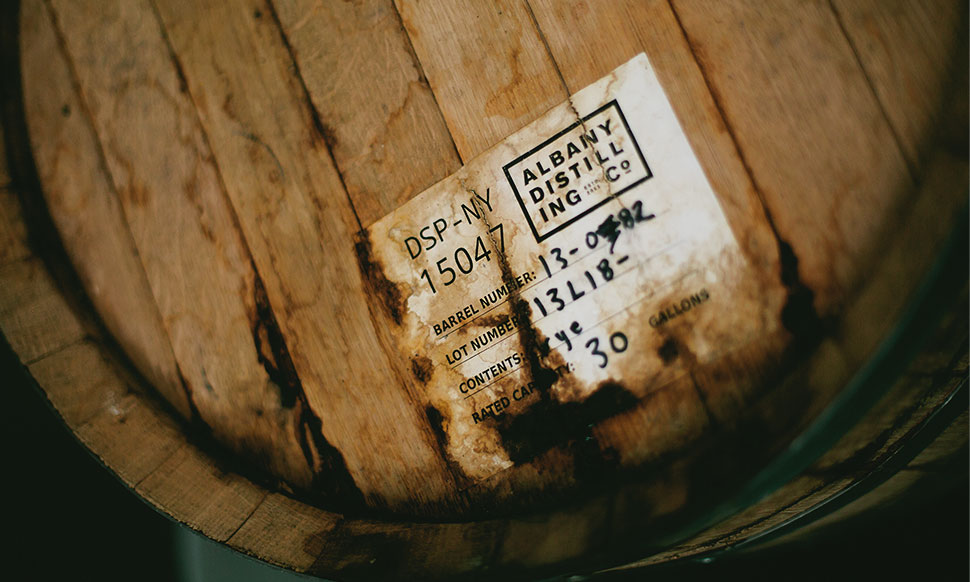
Barrels are also low on the list of well-sealed containers, falling somewhere just above a colander. They’re literally a bunch of thin wooden planks held together by metal hoops. There’s no glue. There are no joints. It’s literally just flat bits of oak bunched up tightly enough that hopefully not much liquid can squeeze through. It isn’t exactly a foolproof plan.
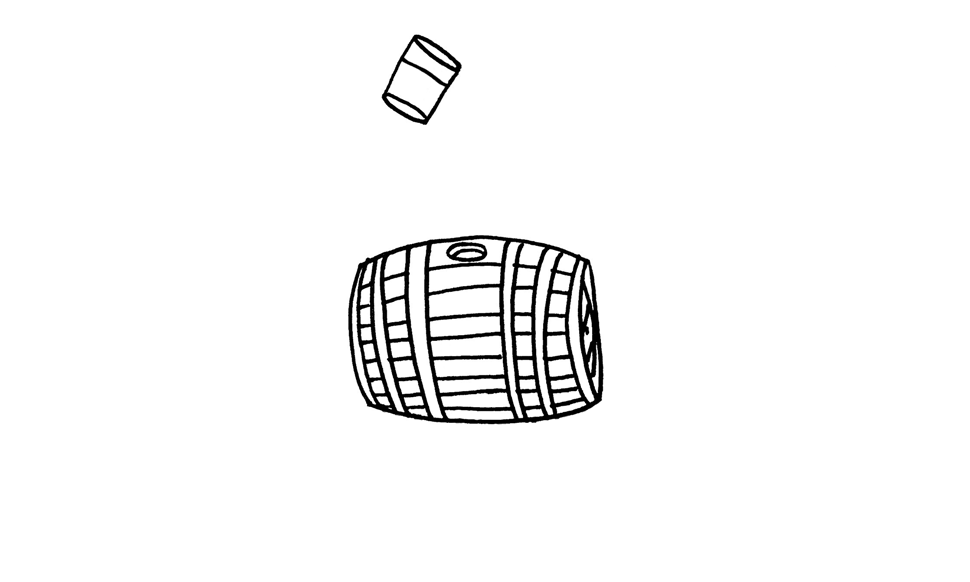
As a result of all this, we know that when we fill a barrel with whiskey, we aren’t going to get all of that whiskey back. We’re lucky if we get more than 80% of it back; sometimes, it’s significantly less than that. The rough rule of thumb is that the longer the whiskey stays in there, the more you lose. This is because in addition to the wood soaking up gallons of spirit and the staves allowing some to leak out, we still get good old-fashioned evaporation. There is a lot more whiskey in your average barrel than there is in, say, the air surrounding it. So, in keeping with the universe’s unerring descent into monotonous entropy, the whiskey tries to even the score by filling up the nearby air at every conceivable opportunity.
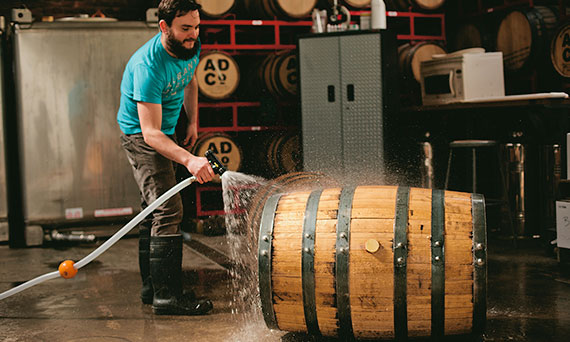
Yours truly, dousing a new barrel with water to promote stave swelling.
While the evaporated whiskey from a couple hundred barrels doesn’t have a significant impact on our local ecosystem, the areas surrounding larger distilleries aren’t so lucky. There’s a variety of black fungus that just loves the evaporated alcohol. By all accounts, though, it’s just gross, not harmful.
Well, at least you’re getting a very efficient return on your investment, right? No. On top of all the other issues, alcohol and wood compounds don’t all play nice together. In order to get a full extraction of all the oak congeners that make whiskey so tasty, we need some water in there to help out. How much? Well, the law says at least 37.5%, but we barrel a bit lower than that (usually at 55-59%). After sitting in oak for two years, that’s some pretty expensive water.
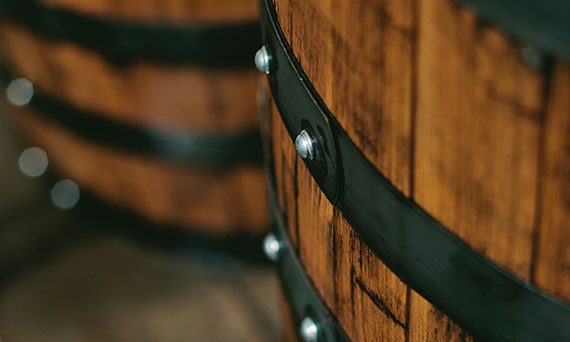
In short, like so many other things we deal with, barrels are a necessary evil. At least they’re pretty.

- ©2025 Albany Distilling Company, Inc.
- All Rights Reserved.
